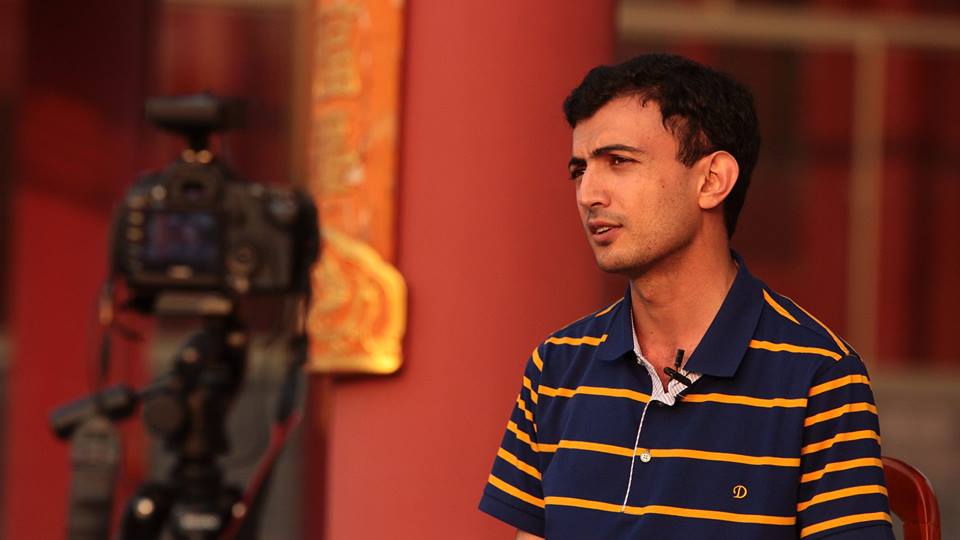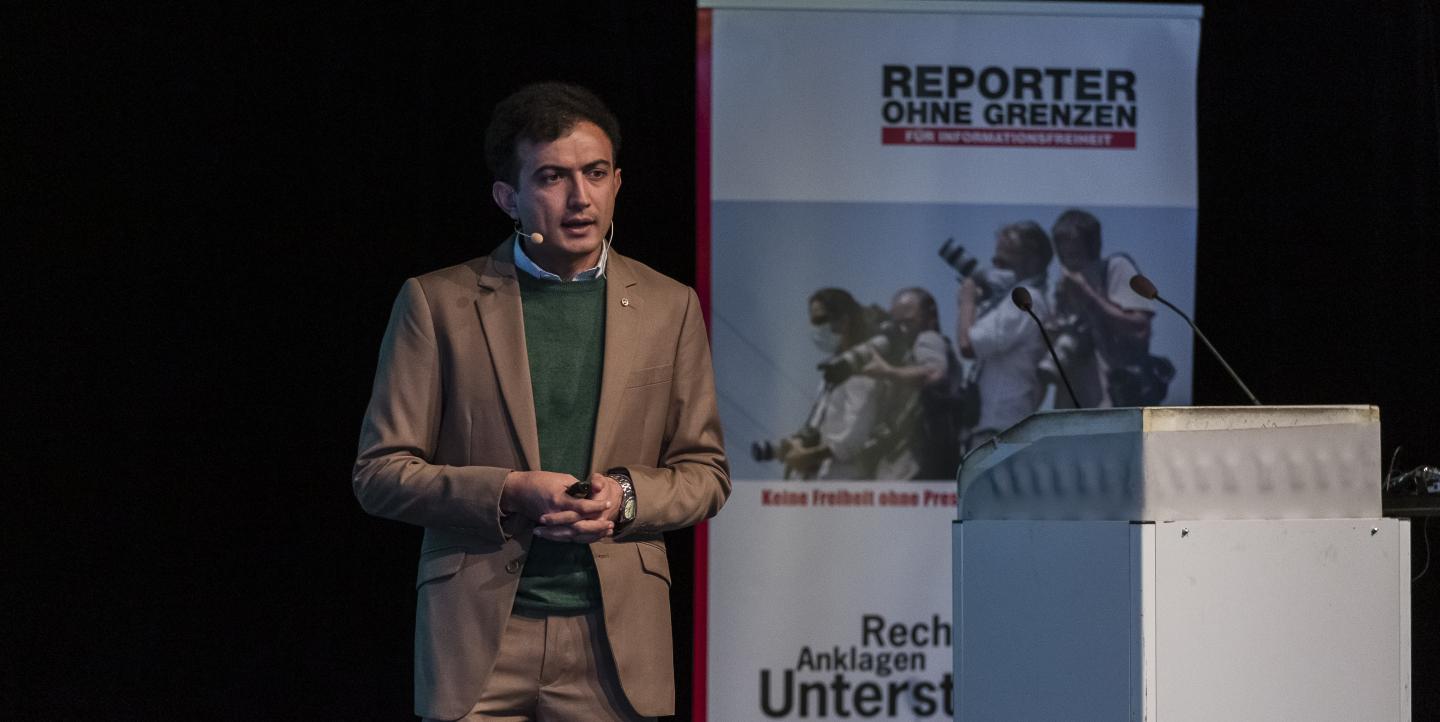Growing up in Balochistan, Pakistan, digital journalist Adnan Aamir had a front row seat to the lack of journalism in the region, as well as how little mainstream media attention was given to the large but sparsely populated area of southwest Pakistan. His experiences stimulated his writing, which developed into Balochistan Voices.
Currently based in Islamabad, Aamir works as a journalist, editor, researcher and trainer to young journalists. He does so while spearheading Balochistan Voices, which was created with the purpose of providing current news in the underreported provence.
Today, Aamir is also helping early-career editors learn the foundations of digital journalism and address news deserts like Balochistan.
How did you begin your career in journalism?
When I was a child and in school, I really wanted to write. I used to write essays and everything to tell my stories. That’s what pushed me into writing. I initially started blogging and when I started, I could not just get out of it. It turned me toward journalism and that's how I began my career.
Because I come from Balochistan, it's a conflict zone with a lot of problems, and does not get the proper coverage in the U.S., I can relate to [the people of the region's] problems, and thus, I can write about them.
What drew your attention to want to cover topics like international affairs, conflict and the economy?
Initially, I mainly covered Balochistan Province, a conflict zone where there are a lot of issues. But as my career progressed and I started writing for international papers, an issue I noticed was that not only were [these papers] focusing on the national issues [of Pakistan], but also on the international issues.
Even now, most of my career is covering Pakistan for a foreign publication. What we do is report on the stories which are about Pakistan, but have some sort of international significance. Reporting on [these stories] has provided me a lot of opportunities to learn from.
What is the significance of covering Balochistan, and how does your work help solve the news desert in the region?
When I was working for the national newspapers, there were a lot of issues that were not covered that even my editors were not talking to me about. I went on to create this small online platform basically [run] by volunteers that contributed reports that we see all over the province. [Balochistan Voices] also provide an opportunity to do that for the newcomers. We want to try their hand before they go into the mainstream media. We have been doing this for the last six years.
When we started in 2016, we were the only online newspaper [in the region]. Now because the media has grown so much, we have a lot of competitors, which is a good sign. But we’ve also faced attacks. We have been hacked and the reporters have been threatened. We have got all those problems, but we have persevered and we are continuing.
What was an unexpected hurdle when you founded Balochistan Voices?
There are many parties to the [Balochistan] conflict — the government as well as the non-state actors. You have to be really mindful that you don't cross any lines — any perceived red lines — because if we do, we can get in trouble. That's really challenging, because sometimes we have to prove to them that we are not sure if we have crossed [a line] or not. That was an issue that we discussed and we still discuss with our members.
The second thing is, I think it is the problem of all startups, which is that you are not financially sustainable. This organization that I am running — which is my passion project, I have been injecting my own savings in it because I like it and I have it — it's not sustainable.

How has IJNet helped your career as a journalist?
I follow the opportunities, [which] I've been doing for quite a while and that's helpful. But because there is so much competition at the grassroots, it's really difficult to get [some opportunities]. But there are different programs, [such as] fellowships in which digital media is taught, as well as how to develop their business model. So I think that can be useful.
What are some stories you’ve covered that otherwise wouldn’t have received attention from mainstream media?
I did a piece on a large number of people dying in highway accidents — that was a major story that we just revealed to the world for the first time. Then, in another story, there were problems with higher education in Balochistan [in which] people were having problems in allocation of scholarships.
We have been reporting about human rights and how they have been affected due to the conflict. We also have political reports, focusing on other contingent liabilities on human rights and the conflict focusing on socioeconomic issues.
What are your future plans?
[What I’d like to see] is to have a subscription model for Balochistan Voices, which will generate revenue requisite to pay the writers. But so far this model has not been successful. A couple of organizations have tried it, but [subscription services] are not ready to in the local currency. I think that is one of the few things that can make it so that we can save digital media.
I think if we have a loyal base [with a lot of users], and if we somehow managed to convince them [to join a subscription service], this can be the beginning of something good and a place to continue to develop, and can be something that's actually going to be a source of livelihood for many.
Update: Previously, the article misidentified Aamir's location. He is currently based in Islamabad, Pakistan. In addition, Balochistan Times covered major highway accidents, not a navy accident. The text and link has since been updated.
Photos courtesy of Adnan Aamir.


